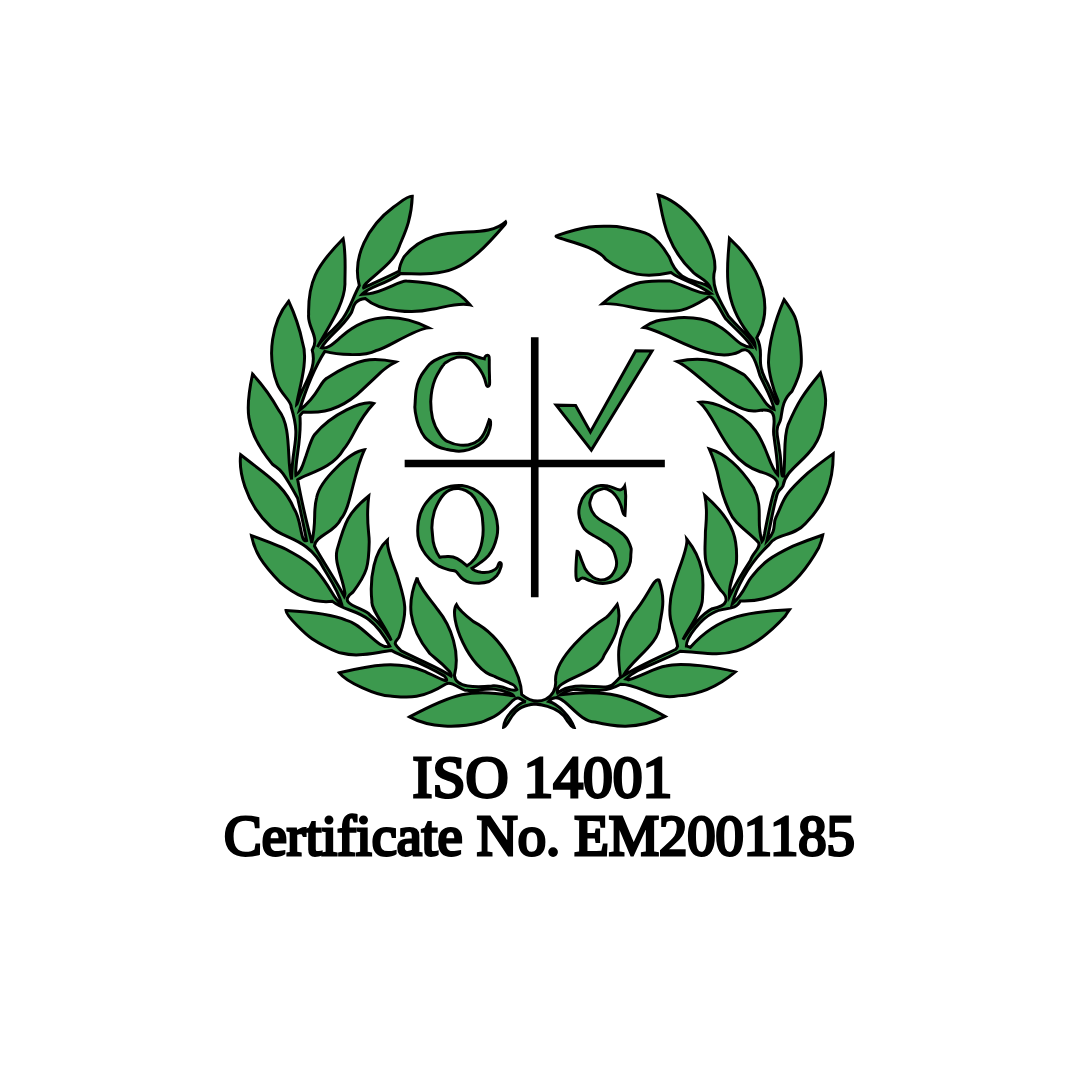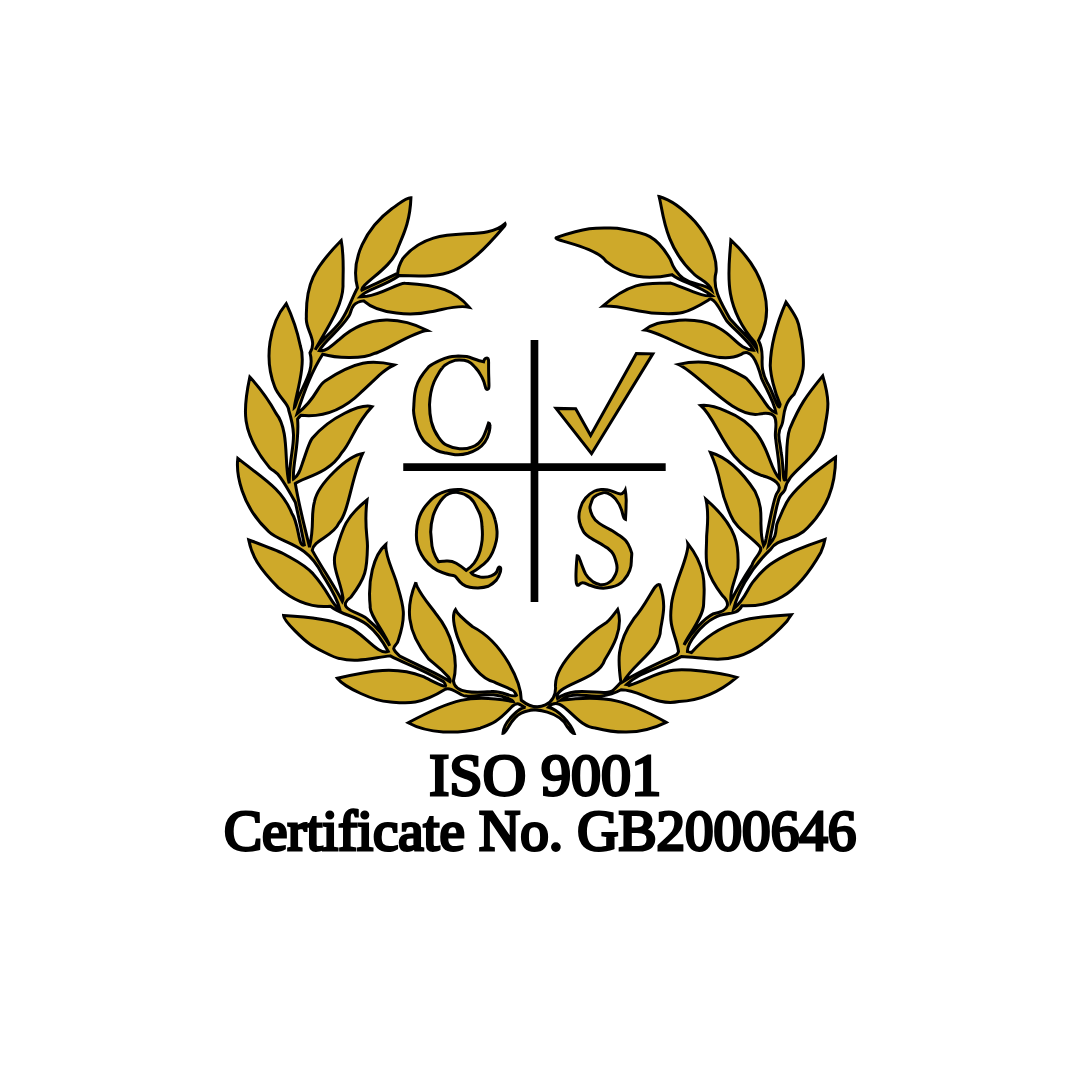
Child Labour Policy (Remediation)
This policy relates to the group encompassing both Esquire Glass (Mcr) Ltd and Witham Glass Merchants Ltd, and will be referred to as the Company from herein.
The Company acknowledges occasionally that child labour can and does occur in many countries. However, the Company does not accept child labour, and actively works against it.
The complexity of the child labour issue requires a consistent, long-term effort to create sustainable and broad-based solutions to reach our goal; that no products delivered to the company are produced by child labour.
The Company respects different cultures and values in countries where we operate and source our raw materials and products but does not compromise on the basic requirements regarding the Rights of the Child.
The Company Child Labour Policy (remediation) has been established in order to make our company’s position clear to suppliers and their co-workers, as well as any other parties. The requirements in this code of conduct are mandatory to all suppliers and their sub-contractors.
General Principle
The Company does not accept child labour in any form whatsoever.
The Company supports the United Nations (U.N.) Convention on the Rights of the Child (1989).
The Company’s child labour policy is based on this Convention, which stipulates:
- “All actions concerning the child shall take full account of his or her best interests” Article 3.
- “The right of the child to be protected from economic exploitation and from performing any work that is likely to be hazardous or to interfere with the child’s education, or to be harmful to the child’s health or physical mental, spiritual, moral or social development”. Article 32.1
In addition, this policy is based on the International Labour Organisation (I.L.O) Minimum Age Convention no. 138 (1973). According to this convention, the word “Child” is defined as any person below fifteen (15) years of age, unless local minimum age law stipulates a higher age to work or mandatory schooling, in which case the higher age would apply. If, however, the local minimum working age is set at fourteen (14) years of age in accordance with exceptions for developing countries, the lower age will apply.
The Policy also incorporates the I.LO Convention on the Worst Forms of Child Labour no. 182 (1999).
Implementation
All actions to avoid child labour shall be implemented by taking the child’s best interests into account. The Company requires that all suppliers shall recognise the UN Convention on the Rights of the Child, and that suppliers comply with the relevant national and international laws, regulations and provisions applicable in the country of production. Suppliers are obliged to take the appropriate measures to ensure that no child labour occurs at suppliers’ and their contractors’ places of production.
We are willing to work with our suppliers to ensure their management systems are sufficiently effective and robust to minimise the possibility of child labour being inadvertently engaged in employment.
Young Workers
The Company supports the legal employment of young workers. Young workers of legal working age have, until age 18, the right to be protected from any type of employment of work which, by its nature or the circumstances in which it is carried out, is likely to jeopardise their health, safety and emotional and physical wellbeing.
The Company therefore requires all its suppliers to ensure that young workers are treated according to the law, to include measures to avoid hazardous jobs, night shifts and ensure minimum wages. Limits for working hours and overtime should be set with special consideration to the workers’ age.
Documentation
The supplier shall maintain documentation for every worker verifying the worker’s date of birth. In countries where official documentation is unavailable, the supplier must use appropriate assessment methods as per local practice and law.
Monitoring
All suppliers are obliged to keep the Company informed at all times about all places of production (including their sub-contractors). Any undisclosed production centres found would constitute a violation of this code of conduct.
Through the General Purchasing Conditions for the supply of products to the Company, the Company has reserved the right to make unannounced visits at any time to all places of production (including their sub-contractors) for goods intended for supply to the Company.
We furthermore reserve the right to assign, at our sole discretion, an independent third party to conduct on-site inspections and audits in order to ensure compliance with our Child Labour Policy.
Remediation
If child labour should be found in the supply chain of the Company we will seek to work in partnership with the supplier and appropriately qualified organisations to develop a responsible solution that is in the best long-term interests of the children. The supplier and the Company will agree a corrective action plan, which may comprise the following, but not exhaustive, actions:
- Take immediate action to minimise the risk to child(ren) by removing them from the production area and/or stopping their work;
- Collate a list of all potential child labourers and young workers;
- Seek advice and help from a recognised local non-governmental organisation (1) that deals with child labour or the welfare of children;
- Develop a remediation action plan that secures the children’s education and protects their economic well-being, in consultation with the Company and where possible a with local NGO, and in consultation with and respecting the views of the child;
- Explain the legal requirements and restrictions on working ages to the affected children and assure them that, if they wish, they will be employed by the facility in question when they reach local law legal working age;
- Understand the children’s desires and explore the opportunities for them to re-enter education;
- Whether the child contributes to the livelihoods of their family or they are self-dependent, his or her wage should continue to be paid by the affected facility until such time as they reach local law working age, or until an alternative long-term solution has been agreed with the child and their family (for example employment of an unemployed adult family member in place of the child labourer);
- Ensure that the child worker has adequate accommodation and living conditions.
- Ensure that this remediation policy procedure if enacted due to child labour being discovered is monitored and policed at all times until such time as the child is no longer classed as at risk or classed as a child.
- Physically and electronically communicate and engage in dialogue throughout the whole process remediation process with all affected parties
- Carry out regular appraisals and monitoring reviews of specific affected child’s remediation process offering guidance and appropriate counselling.
If you have any concerns or questions regarding young or child workers, please contact the Human Resources department at the Company.
If you have concerns for a child or young person that you wish to discuss in confidence with a third party please contact the NSPCC Helpline – details below (2).
Lucy Hudson-Lockett
Human Resources, Esquire Glass (Mcr) Ltd and Witham Glass Merchants Ltd
Email: lucy@esquire-glass.co.uk
- Save The Children (http://www.savethechildren.net) has produced guidance on how to carry out interview with child workers, and has contacts with local NGOs with local knowledge and expertise in child labour issues in many sourcing countries.
- NSPCC Helpline contact details: Tel: 0808 800 500 Email: help@nspcc.org.uk
Updated L Hudson-Lockett September 2021








